EP 100 establishes ethical requirements for members of the Institute of Singapore Chartered Accountants (ISCA) and is modelled after the International Code of Ethics for Professional Accountants issued by the International Ethics Standards Board for Accountants (IESBA).
ISCA has issued EP100 (revised on 7 July 2021) to adopt two IESBA’s Final Pronouncements:
- Revisions to Part 4B of the Code to Reflect Terms and Concepts Used in International Standard on Assurance Engagements 3000 (Revised) (Revisions to Part 4B); and
- Revisions to the Code to Promote the Role and Mindset Expected of Professional Accountants (Role & Mindset).
EP 100 (revised on 7 July 2021) is expected to be effective 31 December 2021. Early adoption is permitted.
Revisions to Part 4B
Revisions to Part 4B of EP 100 (revised on 7 July 2021) seek to align Part 4B with the assurance terms and concepts used in International Standard on Assurance Engagements 3000 (Revised).
Key revisions to Part 4B of EP 100 (revised on 7 July 2021) include:
- Changes in key terminology, including a revised definition of the term “assurance client”.
- Amendments to certain independence requirements in light of the revised assurance client definition.
- Greater clarity as to the parties to an assurance engagement and their roles and responsibilities, and the related independence requirements that apply.
- Clearer distinction between the types of assurance engagement covered in Part 4A (addressing independence for audit and review engagements) and Part 4B.
Role & Mindset provisions
Role & Mindset provisions reaffirm the responsibility of professional accountants (PAs) to act in the public interest and the fundamental role of the Ethics Code in meeting that responsibility.
Key revisions to EP 100 (revised on 7 July 2021) to adopt Role & Mindset provisions include:
- Reinforce aspects of the fundamental principles of integrity, objectivity and professional behaviour.
- Raise behavioural expectations of all PAs through requiring them to have an inquiring mind as they undertake their professional activities.
- Emphasize the importance of PAs being aware of the potential influence of bias in their judgments and decisions.
- Highlight the supportive role that a positive organizational culture can play in promoting ethical conduct and business.
Please click here for the EP 100 (revised on 7 July 2021).

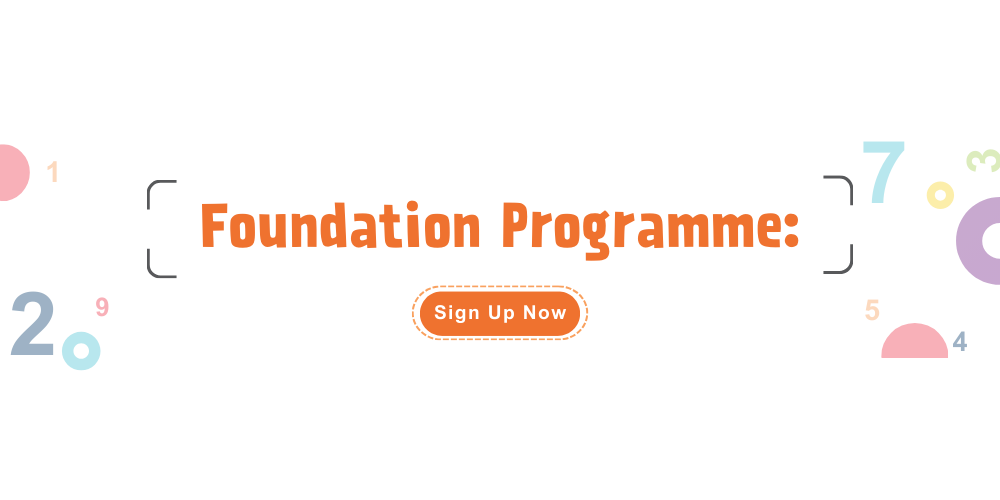
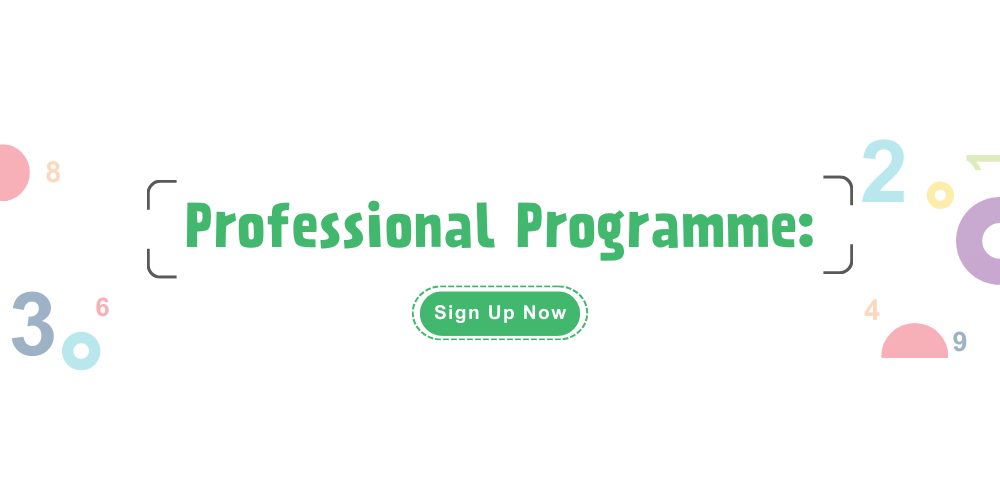
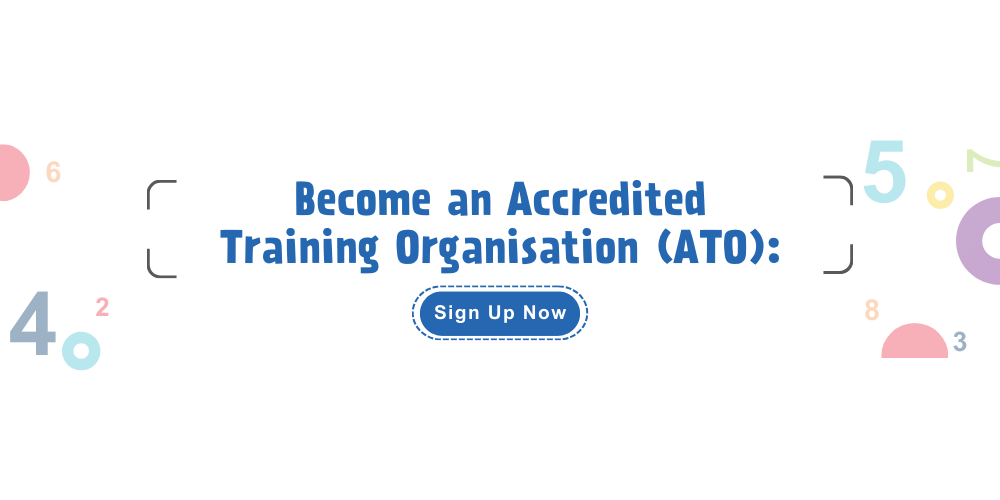

.png?sfvrsn=dd675fd5_2)
.jpg?sfvrsn=d4038e84_0)

-(1).png?sfvrsn=db949de5_0)
-(5).png?sfvrsn=3162fbc9_0)

/business-management-global-connection/istock-1167579720-c.jpg?sfvrsn=ff93f9a5_2)
/audit-assurance/istock-1169206203-c.jpg?sfvrsn=1d6f9b25_2)

/professionals/istock-845530100-c.jpg?sfvrsn=46efdedd_2)
/ethics-and-professionalism/istock-1141115724-c.jpg?sfvrsn=4e54d691_2)

/audit-assurance/istock-818732836-c-v3.jpg?sfvrsn=ae44e7b7_0)
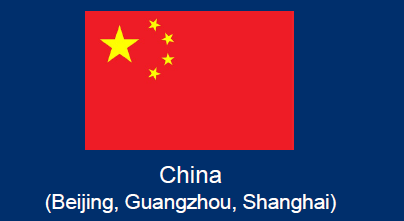
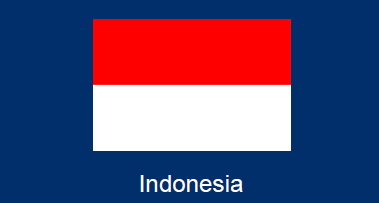

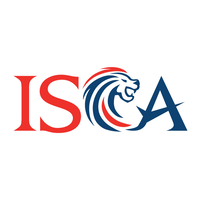
.png?sfvrsn=905ee1bd_0)
/legal-secretarial/istock-866706340-c.jpg?sfvrsn=d7f57b8c_2)